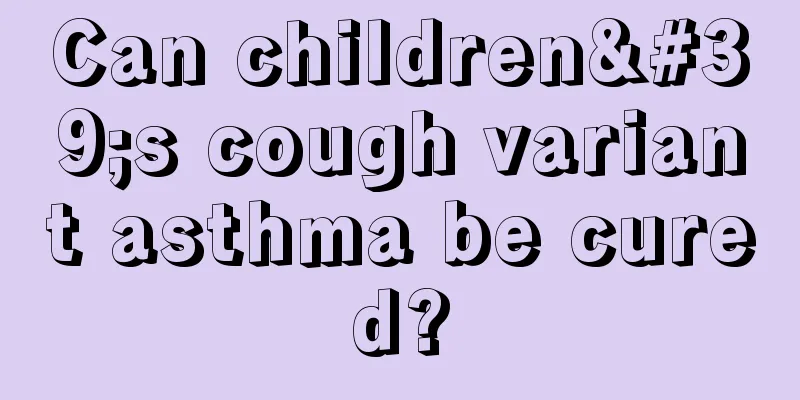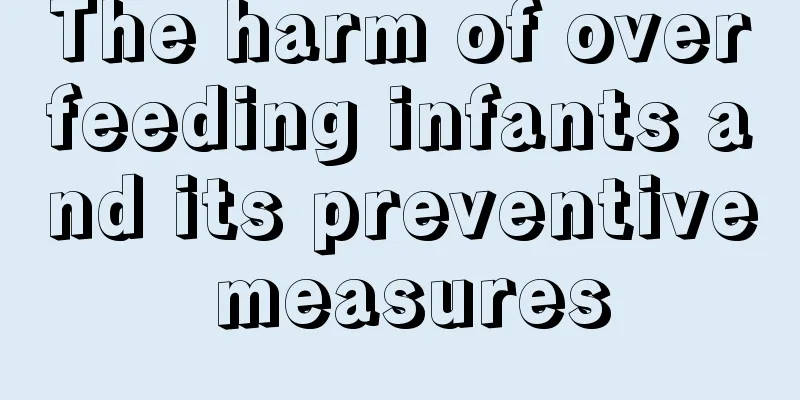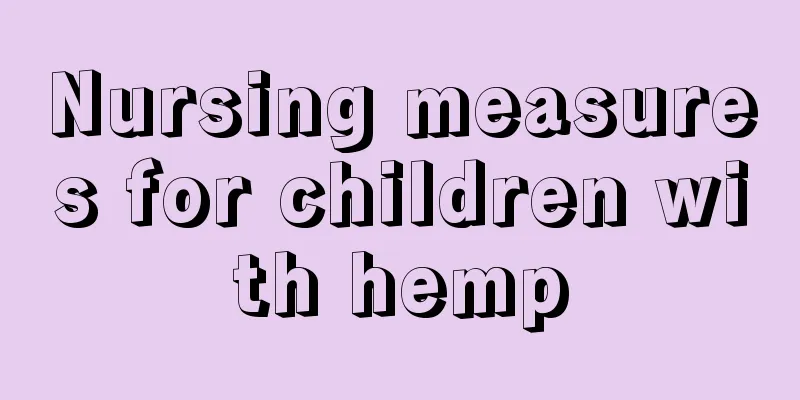Can children's cough variant asthma be cured?

|
Cough variant asthma is a disease with a pathogenesis similar to that of asthma. This disease generally does not pose a threat to the patient's life, but it is prone to recurring, especially causing frequent coughing, which will affect daily life and study, so it should be diagnosed in time and treated actively. To treat cough variant asthma, some antiasthmatic drugs are often needed, such as glucocorticoids or thea alkaloids. The causes of cough asthma are complex. In addition to subjective factors such as the patient's genetic makeup, immune status, mental and psychological state, endocrine and health status, environmental factors such as allergens, viral infections, occupational factors, climate, drugs, exercise and diet are also important causes of the occurrence and development of asthma. Among adults with cough asthma, the age of onset is higher than that of typical asthma. About 13% of patients are over 50 years old, and it is more common in middle-aged women. In children, coughing may be the only symptom of asthma or even a precursor to developing bronchial asthma. Because its essence is the same as typical asthma, which is chronic nonspecific inflammation of the airways caused by allergens or other triggers, and the airway hyperresponsiveness and intractable cough formed on this basis, the treatment principles are the same as typical asthma, mainly using bronchodilators, oral theophylline drugs and (or) β2 receptor stimulants. Some anti-allergic and mast cell stabilizing drugs such as nedocromil, cromoglycate, and ketotifen can also achieve good results. If these drugs are ineffective, consider using adrenal glucocorticoids, adding beclomethasone (beclomethasone dipropionate) aerosol or oral prednisone, and try nebulized inhalation of anticholine drugs. It should be noted here that for cough variant asthma, medication must be used according to the doctor's instructions during treatment. If a child has this disease, caution must be exercised when using theophylline-based drugs, because this type of drug is prone to produce many strong side effects, such as nausea and vomiting, or a rapid heart rate. |
<<: What are the symptoms of allergic bronchial asthma in children
>>: Why do newborns always have nasal mucus? What should I do?
Recommend
Reasons for green stools in infants and young children
Perhaps in daily life, many parents will find tha...
What should I do if my child has growing bone pain?
Some children in the growth and development stage...
What foods can prevent children from catching colds in autumn?
What can babies eat in autumn to resist colds? In...
What should children eat when they have growing pains?
Children will experience growing pains at differe...
What to do if a child has an irregular heartbeat
Although irregular heartbeat in children is not c...
Is it normal for children to have nosebleeds when they have a fever?
Children's physical resistance is very poor, ...
What to do about separation anxiety in children?
What causes separation anxiety in children? Nowad...
What are the medicines for infant jaundice?
Jaundice is a common skin disease in newborns. It...
What should I do if my baby keeps having a high fever?
Because babies are still young and their body fun...
The child vomits suddenly
Children's bodies are in a developmental peri...
What can I do to improve my baby's cough at five months old?
Recently, many people have consulted me saying th...
What should I do if my child has a sore throat?
In our daily life, we often find that children so...
What are the symptoms of a frightened baby?
Some babies show symptoms of fright, which seriou...
Can babies eat pineapples?
The baby is still young, so the mother must be ca...
What is the normal armpit temperature for children?
The normal body temperature of our human body is ...









